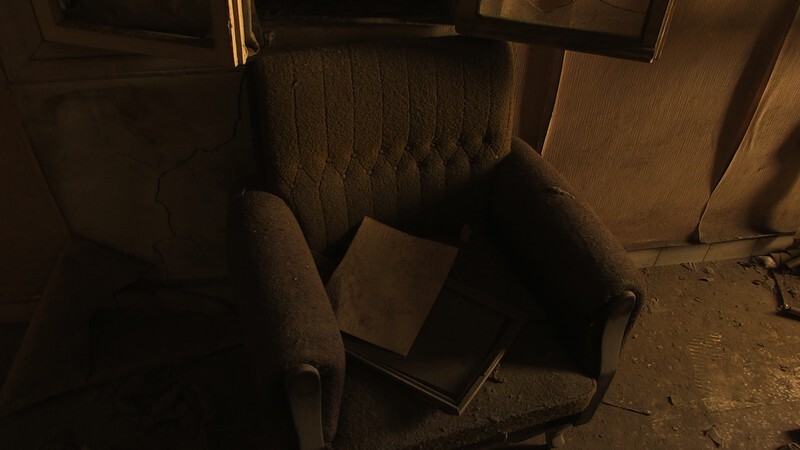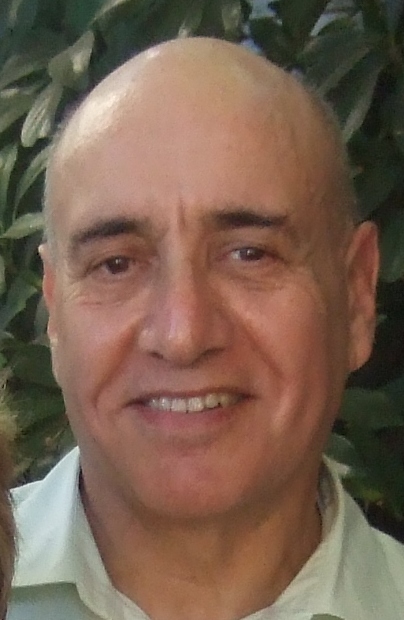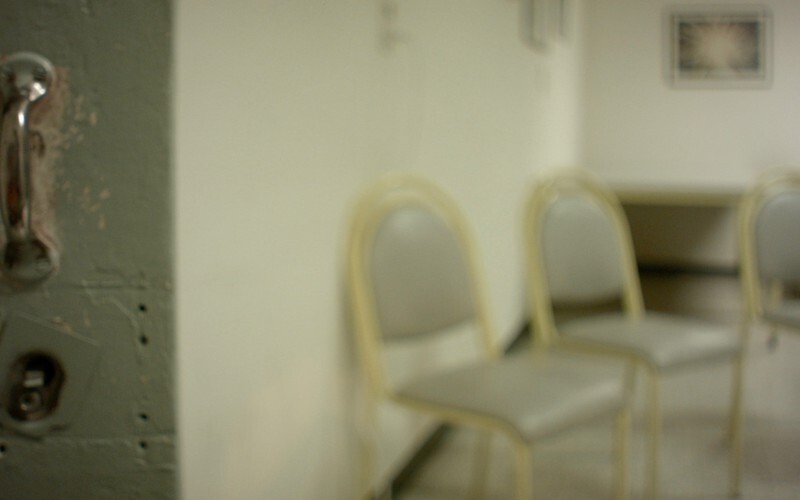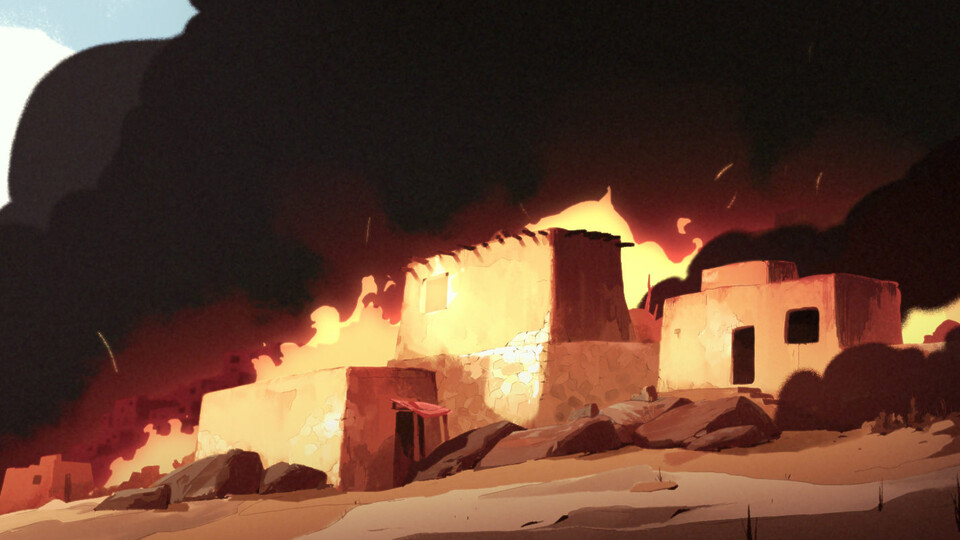Lost Paradise
The film is very poetic. A documentary with several characters who appear throughout but it is the story of a family remembering a world that was and existing in the aftermath of uncertainty, surrounded by beautiful, haunting ruins.
I think we need to lay out, briefly, a relevant history of Lebanon, the film's locale is Beirut, which is referred to throughout the film in the context of a family's journey, their lives and deaths, and a woman, the Director, trying to assess and even find her own life and its meaning in relation to her family history and this strange, wonderful, tragic and meaningful place.
So, to set up our view of the film's narrative and its historical references (throughout) examine the context in which it takes place and the family's memories.
Brief history of Lebanon civil war 1975 - 1990
The earliest evidence of civilization in Lebanon dates back more than seven thousand years, predating recorded history. Despite its small size, the country has developed a well-known culture and has been highly influential in the Arab world. Before the Lebanese Civil War (1975–1990), the country experienced a period of relative calm and renowned prosperity, driven by tourism, agriculture, commerce, and banking. Because of its financial power and diversity in its heyday, Lebanon was referred to as the "Switzerland of the East" during the 1960s, and its capital, Beirut, attracted so many tourists that it was known as "the Paris of the Middle East". At the end of the war, there were extensive efforts to revive the economy and rebuild national infrastructure. In spite of these troubles, Lebanon has the highest Human Development Index and GDP per capita in the Arab world, to the exclusion of the oil-rich economies of the Persian Gulf. In 1975, following increasing sectarian tensions, a full-scale civil war broke out in Lebanon. The Lebanese Civil War pitted a coalition of Christian groups against the joint forces of the PLO, left-wing Druze and Muslim militias. In 1982, the PLO attacks from Lebanon on Israel led to an Israeli invasion. A multinational force of American, French and Italian contingents (joined in 1983 by a British contingent) were deployed in Beirut after the Israeli siege of the city, to supervise the evacuation of the PLO. The Arab League Summit of May 1989 led to the formation of a Saudi-Moroccan-Algerian committee to solve the crisis and on 16 September 1989 the committee issued a peace plan which was accepted by all. A ceasefire was established, the ports and airports were re-opened and refugees began to return. In the same month, the Lebanese Parliament agreed to the Taif Agreement, which included an outline timetable for Syrian withdrawal from Lebanon and a formula for the de-colonialisation of the Lebanese political system. The war ended at the end of 1990 after sixteen years, resulting in massive loss of human life and property, while devastating the country's economy. It is estimated that 150,000 people were killed and another 200,000 wounded. Nearly a million civilians were displaced by the war, and some never returned. Parts of Lebanon were left in ruins.
The film begins in the dark and the rain. The filmmaker's voice comes over and speaks to us about the past, about love and death and about her family. Her father, so important to them still, died 30 years ago in this city. He raised 7 kids and the mother is seen here, a distracted older woman who does not remember much or speak at all. Throughout the film she wanders, paces the city's ruins, never speaking, but embracing and touching the stones of ruins, buildings, both those from antiquity and those from a newer age.
The voice throughout, our narrator, talks of the past, of her family and this strange world of ruins, history and the present vibrant city they live in. The film follows the characters, mainly the lead woman, the Director Mitri Reine, and her mother as they pass the stones of Lebanon. What is strange here is that the stones are old and new. Some are from antiquity, even thousands of years old. To this day they are being dug up, discovered anew, and we see teams of scientists among them, studying. The new stones often look the same but many of them are from the recent war, from newer buildings destroyed. These stones often disappear as quickly as they are exposed, being brought to and installed in new buildings going up everywhere. Beirut keeps being recycled.
The family's past and recent history is examined within the context of a city that throughout history has been born, destroyed, now born again. Where does this family fit then? is a constant refrain here.
The camera wanders through great ruins of palaces and fine houses still standing but we sense that this will pass soon. Our filmmaker describes her family's long life in this city, where her father raised his 7 children and protected them throughout the war and then died in 1990 as the fighting finally ended. She describes the destruction of the city they know, its ruins and the strange vibrant new city arising now.
Speechless the mother wanders everywhere. Seeking?... Perhaps the place they lived, same house for 52 years, gone now. We see the old family photos, often projected onto the filmmaker's (carefully tastefully concealed) bare skin, her voice over lamenting the lost past.
So this then is a film about loss. Her country's loss, her community gone, her family surviving but drawing away from their heritage.
To end the film, this filmmaker chooses life. Her new love is from the displaced Palestinian camps. He looks forward and in the end she does too, to her obvious surprise, an important choice. Their new lives and new family take over and this is good. A final shot is a beautiful image of the filmmaker / narrator standing with her new partner in the ruins of an old Roman city, beautiful ruins, columns, etc. This wonderful image suggests thus brave couple will go onward to build their lives and family together but that they are firmly rooted in a proud and wonderful past. The future calls.
|
|
Peter BelsitoPeter Belsito is a founder of Film Founders Consutling division. In January 2008 the company Film Founders / Without a Box was sold to IMDb / Amazon.com. In April 2009 Belsito left the IMDb to pursue activities as an independent Today he is a guest blogger on SydneysBuzz which is on Indiewire covering the international independent film business. |




